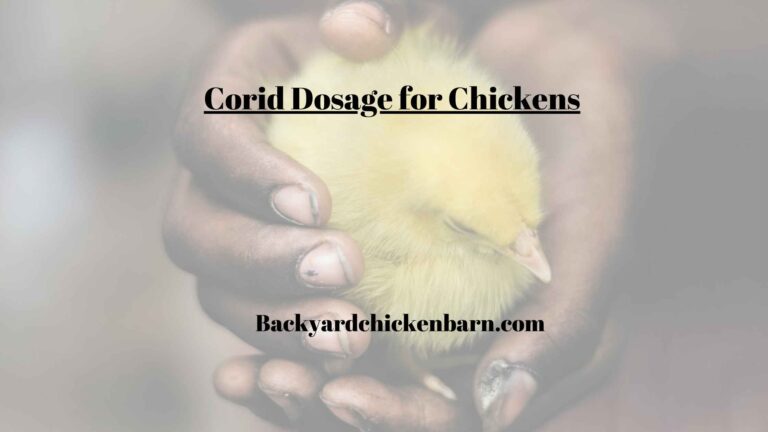Navigating the Post-Hatch Phase: What Happens After a Chick Hatches
Your new chicks have finally hatched, but what comes next? Understanding the critical first steps can ensure your chicks thrive.
Immediate Post-Hatch Period
Leave Them in the Incubator After hatching, it’s crucial to let the chicks stay in the incubator for about 4 to 6 hours until they are dry and fluffy. This helps them avoid getting chilled, which can be harmful. The warmth of the incubator is essential during this period.
Transferring to the Brooder
Setting Up the Brooder Once the chicks are dry, transfer them to a pre-warmed brooder. The brooder should have a temperature of around 95°F, which can be gradually reduced by 5°F each week as the chicks grow. Ensure the brooder is safe, with bedding, a heat source, and plenty of space for the chicks to move around and explore.
Providing Food and Water
Hydration is Key Chicks can survive without food for the first 24 hours due to the nutrients absorbed from the yolk, but they need water soon after hatching. Place shallow water dishes in the brooder to prevent drowning and guide the chicks to the water without forcing them.
Feeding the Chicks Introduce chick starter feed to provide the necessary nutrients for their rapid growth. Chick starter feed is formulated to meet the high protein requirements of the young chicks. Ensure the feed is easily accessible and fresh.
Monitoring and Care
Regular Checks Monitor the chicks regularly for any signs of distress or health issues. Ensure they are eating and drinking adequately and that the brooder remains clean and at the correct temperature. Check for signs of pasty butt, a condition where droppings stick to the chick’s vent area, which needs to be cleaned promptly to prevent blockages.
Gradual Introduction to the Flock
Safe Exploration After about a week, you can start introducing the chicks to the rest of the flock in a controlled manner. This helps them acclimate to their new environment and older chickens. Initially, supervise interactions to prevent bullying or aggressive behavior from older chickens.
By following these steps, you can ensure your newly hatched chicks transition smoothly into healthy, thriving chickens. Each stage is vital for their development, so take care to provide the best environment possible.
How long should I leave newly hatched chicks in the incubator?
Newly hatched chicks should stay in the incubator for about 4 to 6 hours until they are dry and fluffy. This helps prevent them from getting chilled, which can be harmful. Additionally, leaving them in the incubator encourages other chicks to hatch and helps maintain a stable environment.
When should I transfer the chicks to the brooder?
Transfer the chicks to the brooder once they are dry and have rested for a few hours in the incubator. The brooder should be pre-warmed to about 95°F to provide a comfortable environment. It’s best to wait until all the chicks have hatched before moving them to the brooder.
What should I feed newly hatched chicks?
Newly hatched chicks need chick starter feed, which is high in protein and formulated for their growth needs. Ensure the feed is easily accessible and fresh. Initially, chicks can survive without food for the first 24 hours due to the nutrients they absorb from the yolk, but they need access to water soon after hatching.
How do I provide water to newly hatched chicks?
Provide shallow water dishes to prevent drowning and guide the chicks to the water gently. Do not force them to drink, but ensure they are aware of the water’s location. It’s important to monitor them to ensure they are drinking adequately.
When can I start introducing chicks to the rest of the flock?
After about a week, you can begin to introduce the chicks to the rest of the flock in a controlled manner. This helps them acclimate to their new environment and the older chickens. Supervise initial interactions to prevent bullying or aggressive behavior from the older chickens


